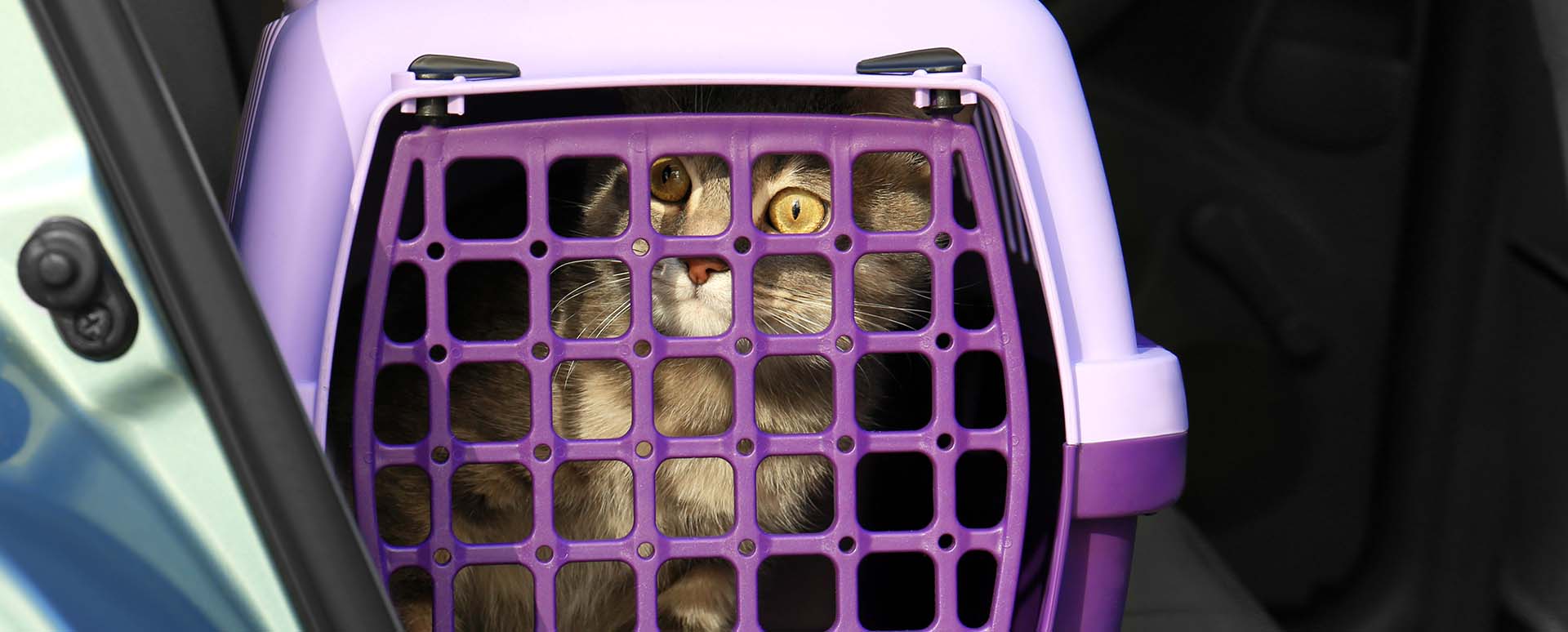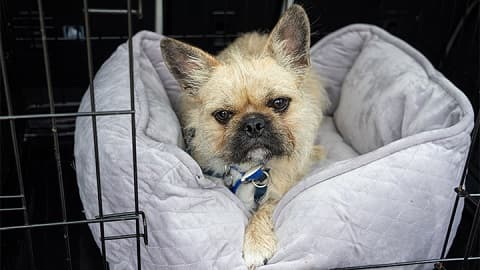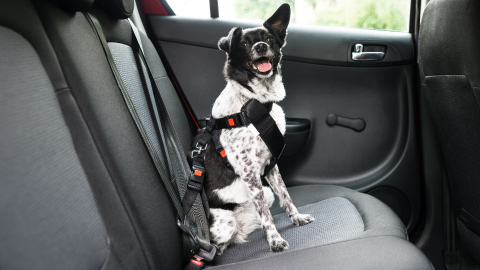Tips on How to Travel With Your Cat
12th Mar 2024
Tips from the experts
We know that a lot of our Evans Halshaw customers have feline friends, and we wanted to share some advice on how to travel safely with your cat – whether it is going to the vet or taking your cat on holiday with you! We want to make sure the car journey is as calm and stress-free as possible for both you and them.
Tip One: Safety first
Whether you're off to the vet or heading to a cattery, one thing remains crucial: always ensure your cat travels securely inside their carrier rather than roaming freely inside the vehicle. Safety first for our feline friends!
Tip Two: Keep them secure
Ideally, place the cat on a seat and wrap the seat belt around the carrier, threading it through the handle, so that it can be fastened in place. This is the best way to keep the cat carrier secure during the journey and is safest for your cat in the event of an accident.
Tip Three: Keep them level
Many car seats are sloped, so the best way to make sure the carrier is on a level surface is to place a rolled-up towel on the seat underneath the carrier.
Tip Four: Reduce noise
Try to avoid playing any loud music in the car; however, classical music played quietly may help to drown out unpleasant noises coming from outside the car, such as traffic, etc.
Tip Five: Provide privacy
Cover the carrier with a sheet or blanket to provide your cat with extra privacy and reduce how much your cat is disturbed by things going on outside. You can also speak in a friendly, reassuring way to your cat every so often throughout the journey.
Tip Six: Ventilation
Cats have an excellent sense of smell and may find strong-smelling car air fresheners unpleasant, so it is best to remove these and ventilate the car well before travelling with your cat.
Tip Seven: Travel at quieter times
If you can choose a specific time to travel with your cat, choose less busy periods of the day when there will be less traffic, and also avoid any unnecessary stop-offs so that the journey will be as short as possible.
Tip Eight: Seek advice
If your cat becomes very distressed and/or unwell (i.e., vomits, urinates, or defecates) during car journeys, it is a good idea to speak to your vet about this, as they may be able to help.
More advice from the experts
At Evans Halshaw, we understand that your cats are cherished members of the family. That's why we encourage our customers to foster a positive association between their feline friends and the car, ensuring their comfort and ease while travelling together.






